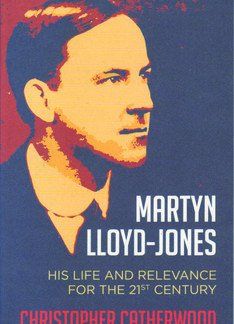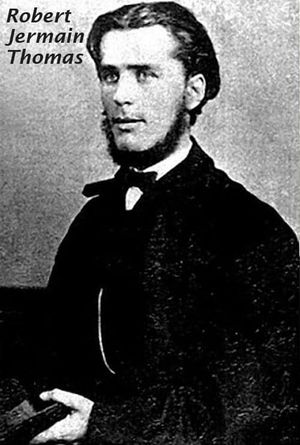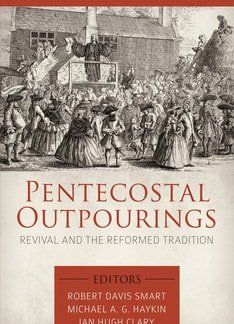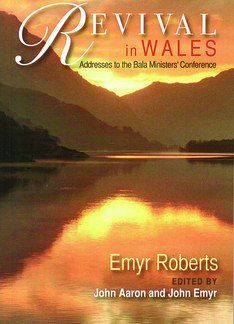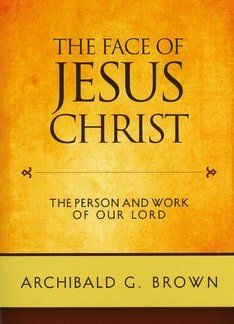There are those whose eyes would roll in exasperation at the title of this volume. Shouldn’t we be confronting today’s challenges instead of looking back to a man who died 35 years ago?
Such a response would be unwarranted. Indeed, many of our present difficulties stem from rejection or ignorance of the biblical principles upheld by Lloyd-Jones. The book’s title, therefore, holds the promise of being an important tract for our times. The fact that the author is ML-J’s grandson only increases expectations. The end product, however, turns out to be rather unsatisfying.
The material seems to have been put together hastily, resulting in repetition, generalisations and the occasional non sequitur. Some chapter headings are misleading, while use of italics and exclamation marks for emphasis is excessive.
Some of the subject matter is not altogether convincing. The analysis of Westminster Chapel and of ML-J’s interest in history in terms of ‘imagined communities’, for example, is not particularly helpful. On occasion, a meal is made of fringe issues, such as how Baptists can be Calvinists when Calvin himself was not a Baptist.
Controversial figures (R. T. Kendall, Greg Haslam, David Watson, Tim Keller) receive uncritical mention. Engaging with Martyn Lloyd-Jones, the symposium edited by Atherstone and Jones, is warmly commended, even though some contributors are hardly comfortable with ML-J’s ‘legacy’. On the other hand, there is no reference to Iain Murray’s perceptive Lloyd-Jones: messenger of grace or Eryl Davies’s helpful ‘bitesize’ biography.
Most importantly, it is difficult to avoid the impression that it is the author’s own agenda that is presented here. A number of issues associated with this agenda, however, are problematic. Two in particular stand out.
First, the author endeavours to justify his disagreement with ML-J’s 1966 call for evangelical ecumenicity allied to separation from error and unbelief. Catherwood’s enthusiasm for recent positive developments within evangelical Anglicanism, however, takes little account of the general Anglican antipathy towards biblical Christianity (as deep-seated now as it was in ML-J’s day).
His view that ML-J’s call has been largely eclipsed by interdenominational evangelical cooperation fails to recognize that ML-J was commending a unity expressed in some form of association of gospel churches, not more para-church movements. Moreover, he clings to the canard that ML-J’s stance ‘froze out’ J. I. Packer, disregarding the fact that it was the latter’s gospel-undermining alliance with Anglo-Catholics in the book Growing into union (1970) that led to the parting of the ways.
Secondly, the author’s wholehearted approval of ML-J’s understanding of baptism with the Holy Spirit also raises questions. He is correct in stating that ML-J regarded Spirit baptism in terms of assurance of salvation (although he does not address the major problems associated with this view). However, in asserting that ML-J ‘believed in the continuation of the sign gifts’ (p.39), he might have added that ML-J simply held that these gifts might at some time be restored, that he never claimed to possess any himself, that he was deeply disturbed by the Charismatic emphasis on tongues, and that he personally knew of no authenticated case of miraculous healing.
This book undoubtedly contains much that is valuable. The author demonstrates the authoritative truth of Scripture, the importance of thinking and acting biblically, and the need for urgent, serious preaching — ‘logic on fire’. These are all shown to be as relevant today as ever. Indeed, ML-J’s principle that ‘if one was biblical, one was always relevant’ (p.14) should be writ large in our day.
All in all, however, this does not quite live up to the promise contained in its title. Those seeking to understand ML-J’s truly important legacy would be better served by turning to the valuable contributions of Iain Murray and Eryl Davies.
Gwyn Davies
Aberystwyth

